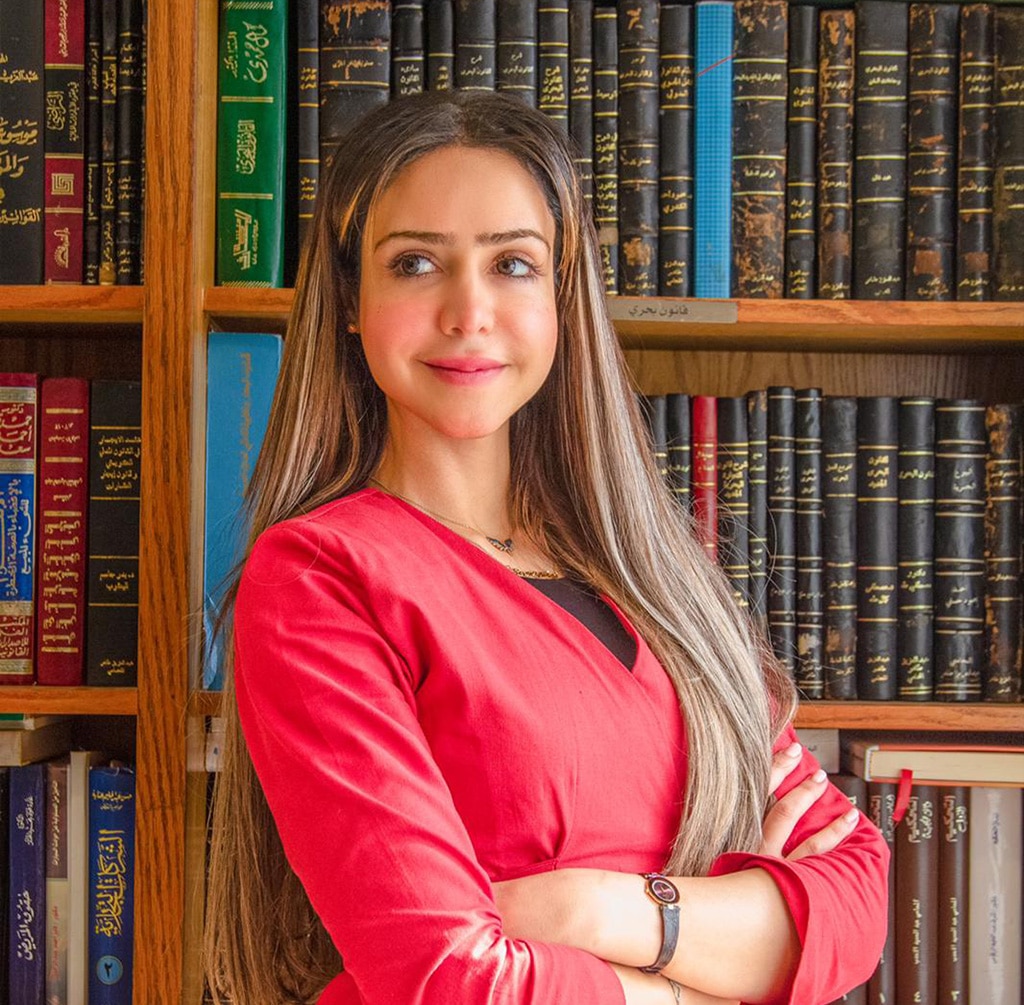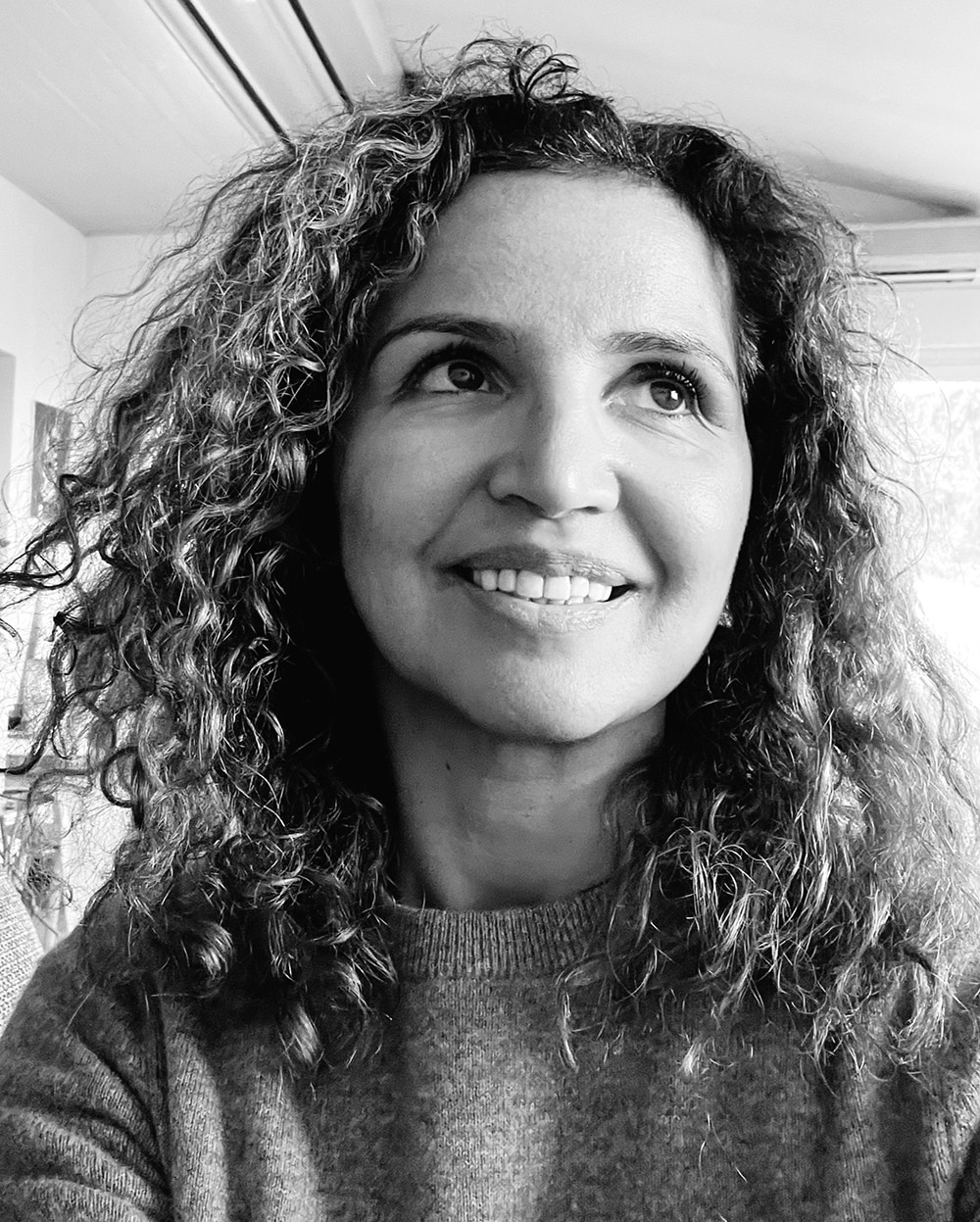
It is known and understood that committees play a crucial role in decision making in both the legislative and political process, and each parliamentarian gets to participate in the creation of Kuwait's future. But unfortunately, each of our female parliamentarians is presented in one committee only.
As for the mechanism of designating parliamentarians in each committee, according to article 45 of law no. 12 of 1963 concerning the by-laws of the National Assembly: "The Council elects the members of the committees by a relative majority. Each member of the Council should participate in at least one committee, and they may not participate in more than two permanent committees.
The Council's office is not considered a committee in implementing this provision. "A member may not be the chairperson or rapporteur of more than one permanent committee or be the chairperson of a committee and a rapporteur of another committee. The members may elect a number that does not exceed half the number required for each committee, otherwise the vote shall be considered void.
If the membership of the permanent committees is not completed and it turns out that some members did not participate in the membership of any of them, or only participated in the membership of one committee, the vacant places will be filled by a lottery, starting with members who did not participate in the membership of any committee."
The article is clear on how the process of designating, excluding and marginalizing the female parliamentarians was done, and I'm afraid that the prior male-dominated diwaniya meeting acquired this piece of legal vacuum before the session of committee assignment even took place in the parliament. The current practices by male parliamentarians revealed this long spoken about legal vacuum with regards to women's empowerment in decision making positions.
The quota system is not implemented yet, and in spite of the criticism against the quota system related to the inability to ensure that women who make it to the green chair through the quota system will empower other women, in the light of the current circumstances, as we have two professional, civilized, highly-educated and wonderful female parliamentarians, we find the urge and need to support them with every means of solidarity and empowerment, as they're facing a war of marginalization, silencing and discrimination on the basis of gender. Discrimination is shameless in all aspects - cultural, social, political, educational or any other.


